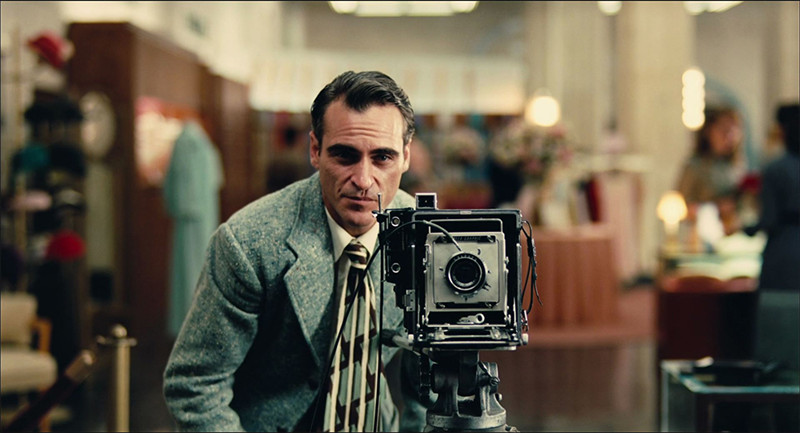
There are lots of questions and answers about the present and the future of American filmmaking. Independent movies became exciting again after a decade of rom-com indies that were as boring as their fake folk soundtracks, and mainstream cinema put some of its dirty money once again on great actors and actresses in search of meaningful characters.
New directors acknowledged that 70’s horror films was the punk movement in cinema history. Certain weirdness seems to cover everything from superhero movies and fart comedies to obnoxious hipster one hit wonders, but we shouldn’t confuse weirdness with originality, and we shouldn’t confuse originality with importance.
These are the questions about today’s American films. Are they really original or do they just copy old films? Has the remake and reboot mania affected just the tanned Hollywood producers, or the serious filmmakers as well?
Everyone seems to be lost in references of all-time classics or obscure lost gems. With all this love for the past, does it represent a horrible fear for the future? Should the purpose be originality or an ambition to really connect to an audience?
Maybe even the old-fashioned people need to say something important and to change society and the medium. But is this too old-fashioned for today’s cynicism? These 25 narrative films have completely different backgrounds and aspirations, but they all have answers to these questions.
25. Palo Alto – Gia Coppola
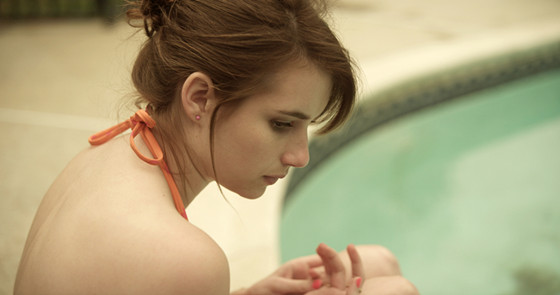
There is something very mature in Gia Coppola’s film debut. “Palo Alto” is a teen movie based on a James Franco novel.
There were many opportunities for the film to turn into another hipster indie film, but Coppola managed to keep a low profile in the way she interfered with her characters and her story. Also, she finally gave Emma Roberts the opportunity to show her talents as a lead actress.
24. Lords of Salem – Rob Zombie
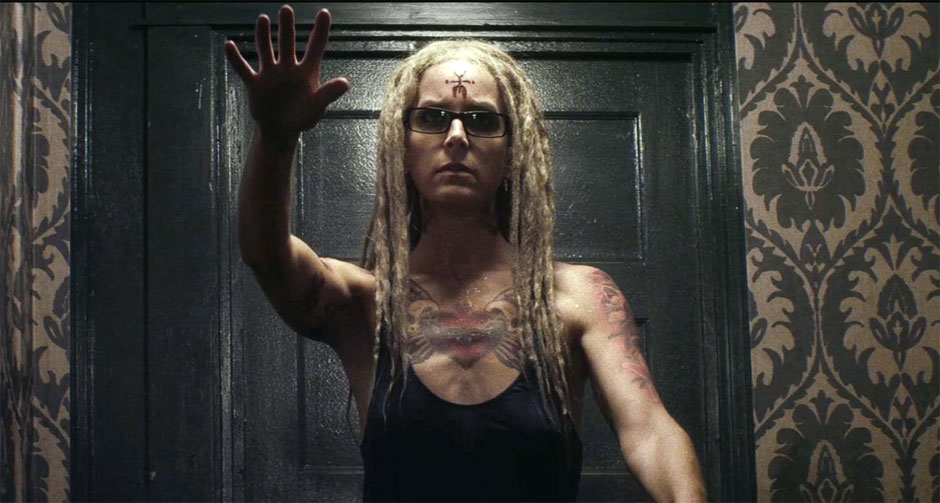
Every single frame of a Rob Zombie flick is full of life and fascinating details. There is no other director that has tried so much to identify with murderers, to show their community as a family of its own values. If you watch again the ending table scene of the original “Texas Chainsaw Massacre”, you will find everything you need to know about his films. This scene is Zombie’s rosebud and whenever he remembers it, his work instantly becomes exciting.
Zombie started as a midnight movie director with “House of 1000 Corpses” and became an auteur with “The Devil’s Rejects”. Even his less successful films like “Halloween 2” or the recent “31” have moments of greatness. “Lords of Salem” is a film that puzzled even the most hardcore Rob Zombie fans and it is surely his most ambitious film to this day.
He took William Friedkin’s “The Exorcist”, put it in a Rob Zombie environment, got a great performance by his wife Sherri-Moon Zombie, and designed an attractive palette of familiar faces from the past. Meg Foster, Dee Wallace, Patricia Quinn and Judy Geeson surround the viewer’s downfall to spiritual madness.
“Lords of Salem” is like the coming of age of Zombie. He put aside his regular Tobe Hooper influences and opened the forbidden drawer that says “Ken Russell”. The static direction is much more interesting than the madman’s handheld camera from his previous works. His ending under the classic The Velvet Underground song “All Tomorrow’s Parties” is true cinema, as it doesn’t happen so often now in a mainstream theater.
23. Krisha – Trey Edward Shults
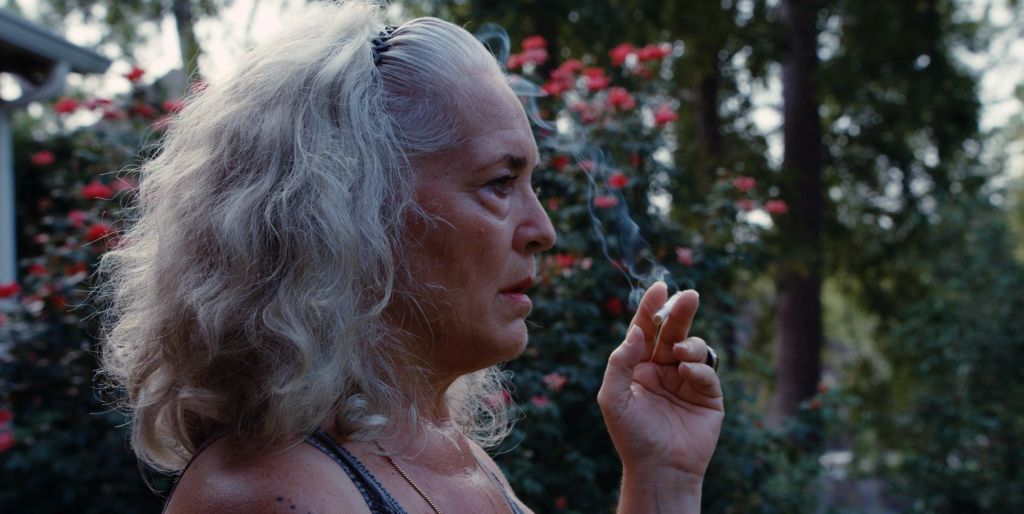
Formerly Terrence Malick’s assistant, 28-year-old Trey Edward Shults gathered a few thousand dollars and shot a film in nine days in his parent’s house with his family as cast and crew. The result is a film that could be described as a sequel of “A Woman Under the Influence”, directed by Roman Polanski.
Krisha is a 60-year-old alcoholic who goes to celebrate Thanksgiving with her family, who doesn’t really want her there. With amazing performances, great camera work, and control in every aspect, it’s a remarkable debut and a breath of fresh air for independent cinema.
22. The Woman – Lucky McKee
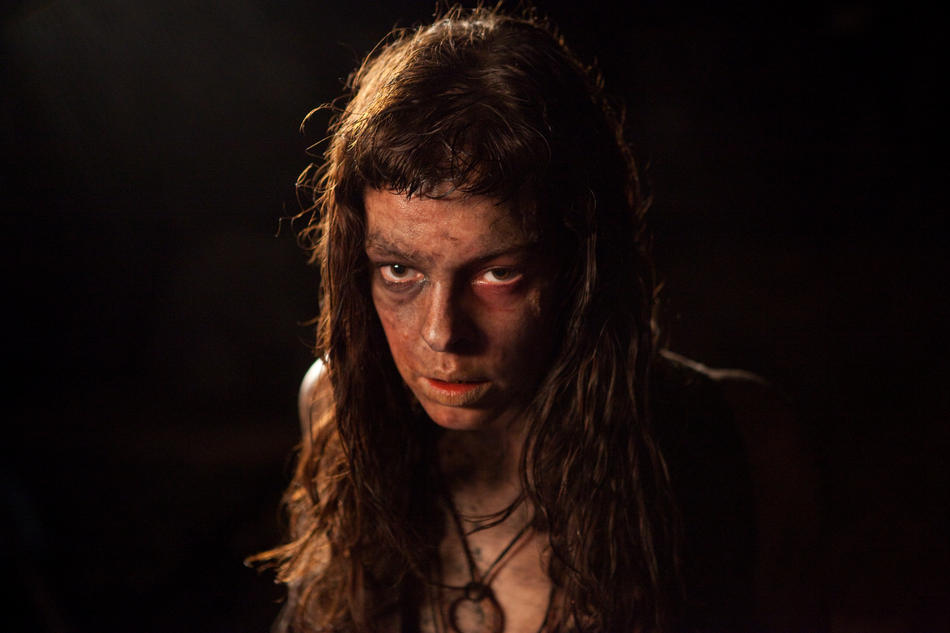
Many people would argue about the true value of this one, because it looks like it’s just a cheap exploitation film. Of course, there are films that are more professional or make better use of technology, but apart from that, cinema needs people who are not obvious.
Lucky McKee is one of those people from his very first film, “May”. He always uses horror cliches in order to speak about something important to him, and “The Woman” is his best and more daring film. Blessed with great performances by Pollyanna McIntosh, Sean Bridgers, and Angela Bettis, this film tiptoes between a torture porn horror film and a surreal black political comedy.
21. The Comedy – Rick Alverson
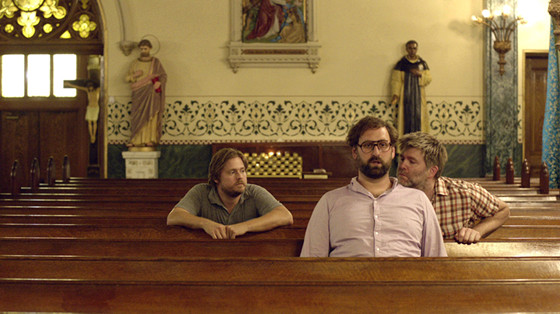
Watching “The Comedy” for the first time is one of those rare experiences when you believe that you have seen everything, but you have certainly not seen something like this. Rick Alverson is a film director who’s closer to his precedents of the 70s. His films are like manifestos.
“The Comedy” is his interpretation of the world, and at the same time, a guide to the cynical world of the modern age man. His next film, “Entertainment”, was more interesting visually, but not as important as “The Comedy”, which had the most original dialogues in a film from the last 10 years.
20. John Dies at the End – Don Coscarelli
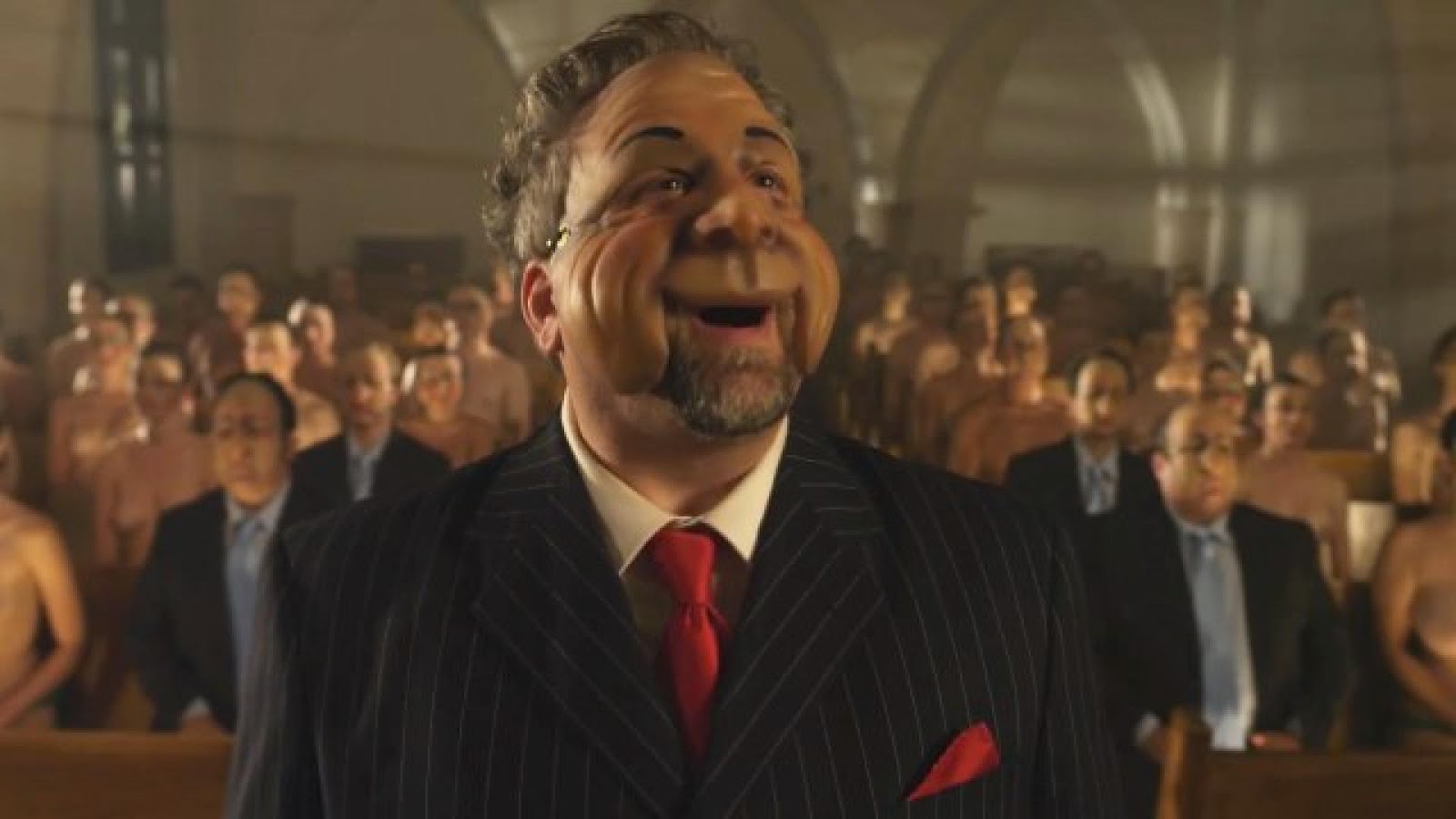
Like his fellow horror–mate Stuart Gordon, Don Coscarelli started with some straight B-movies like the great “Phantasm”, but in the last 10 years he has become a unique voice in world cinema. “Bubba Ho-Tep” was released in 2002 and it was something between an “Amazing Stories” episode and a Monty Python sketch.
Ten years later, “John dies at the End” has become the strangest film of the decade so far. Part comedy, part horror sci-fi, “John dies at the End” is a B-movie that respects the Roger Corman tradition and tries to perpetuate the playful side of creating movies.
19. Straight Outta Compton – F. Gary Gray

African-American cinema is so important, both aesthetically and historically, and it’s a shame that most viewers only know a few blaxploitation films and some early Spike Lee stuff. From the race films of Oscar Micheaux back in the 20s, to the Los Angeles rebellion movement, to Kathleen Collins’s “Losing Ground”, African-American cinema is full of lost diamonds still waiting to shine.
F. Gary Gray is one of those directors, along with the Hughes Brothers and John Singleton, who got a green light for their careers after the success of the great Spike Lee in the late 80s. He began shooting music videos for hip hop artists and in 1995 he directed his debut film, the now-classic “Friday”. One year later, he made the female gang film “Set It Off”, and then got absorbed in the Hollywood system.
Last year, he returned to his roots with the NWA biopic “Straight Outta Compton”, which is his best film to date. Featuring amazing performances and a true knowledge of hip hop culture and the significance of NWA, “Straight Outta Compton” is an African-American epic film as important for American culture as Lee’s “Malcolm X”.
18. Margin Call – J.C. Chandor
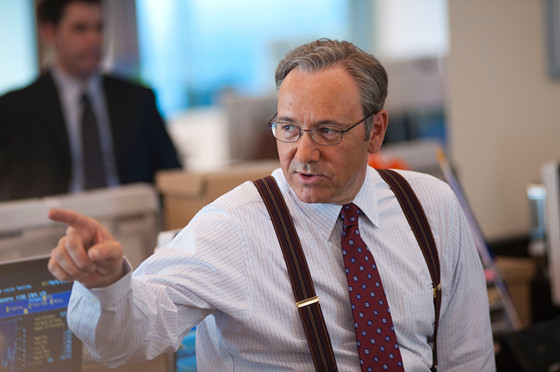
J.C. Chandor is definitely one director to watch, with three films to date, all completely different but equally exciting. “All is Lost” is an anti-action movie with no dialogue at all, and “A Most Violent Year” is a kind of arthouse minimalist Scorsese film. Although those two movies are more sophisticated, his first film, “Margin Call”, is more balanced.
The film talks about the financial crisis through the people who work in an investment bank. Chandor surely owns a lot to David Mamet’s cynical dialogues of “Glengarry Glen Ross”; it is really interesting that although you probably don’t understand half of what is being said in the film, at the same time, you can’t get your eyes off the screen. It’s a great debut from a director who has definitely something to say.